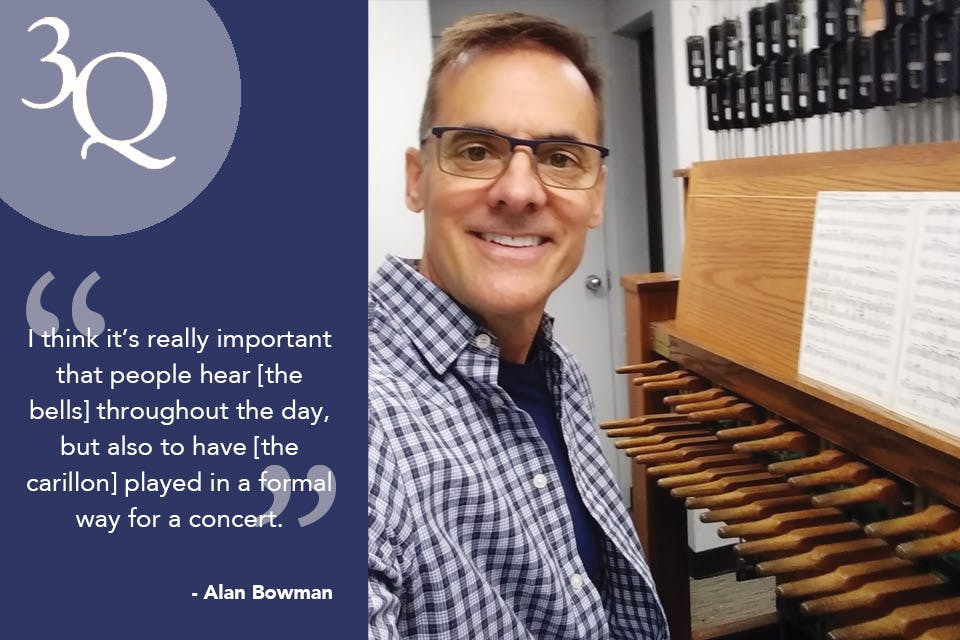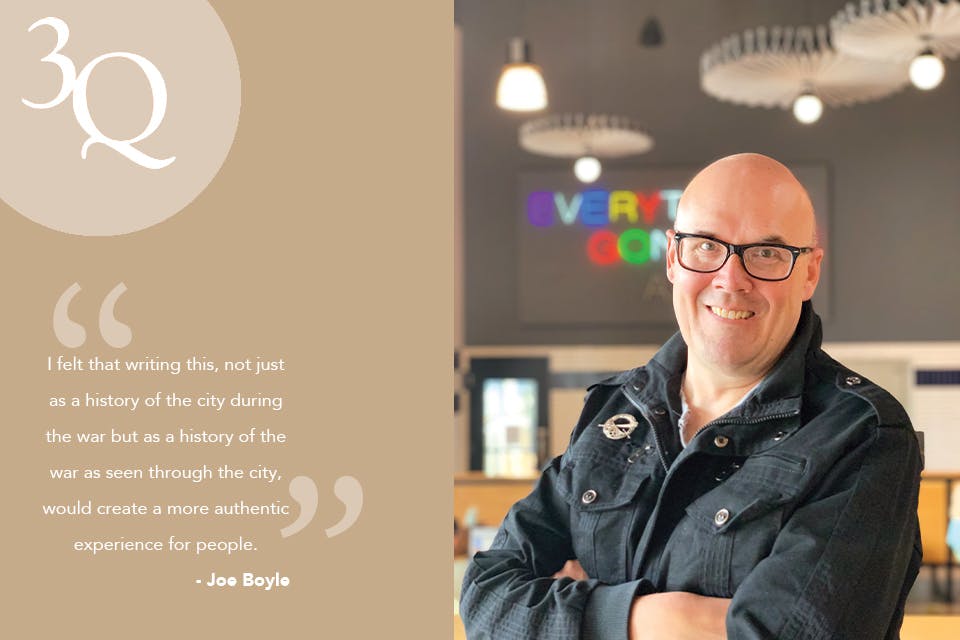Ohio Life
Author Joe Boyle Tells Toledo’s World War II Story
What started as a class project has grown into this Toledo history teacher’s multivolume look at the war through the lens of a major American city.
Related Articles

Tom Schiff Shares the Story Behind ‘Civic Architecture Across America: Extraordinary Views’
Cincinnati-based photographer Thomas Schiff’s new book contains over 100 panoramic views of our nation’s most beautiful civic buildings. READ MORE >>

Veteran Reporter Gene Kinn Reflects on a Career of Covering Presidents
Gene Kinn talks about meeting nine U.S. presidents over the course of his more than three-decade career in journalism. READ MORE >>

Alan Bowman Plays Dayton’s Historic Deeds Carillon
The Ohioan keeps a centuries-old musical tradition ringing as the carillonneur at Carillon Historical Park in Dayton. READ MORE >>



